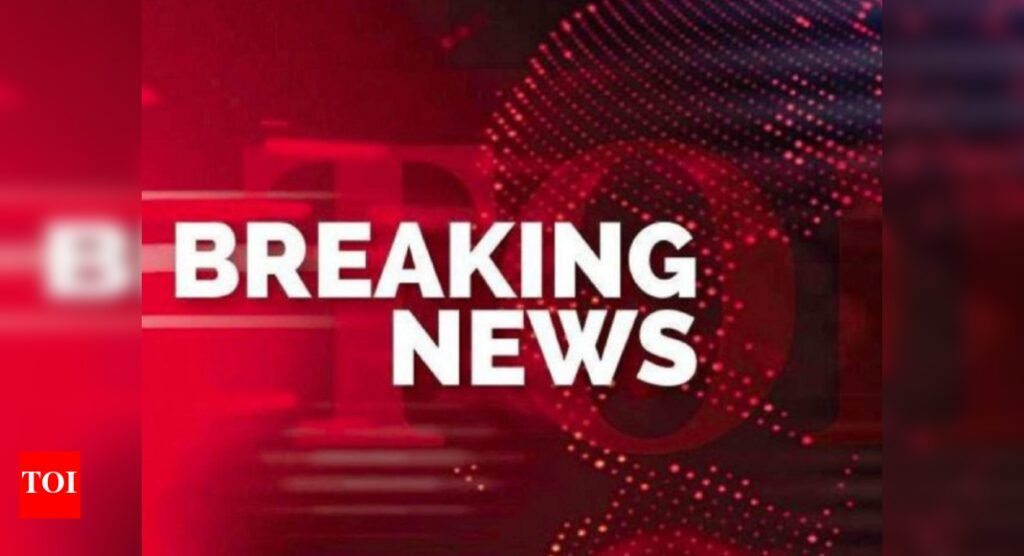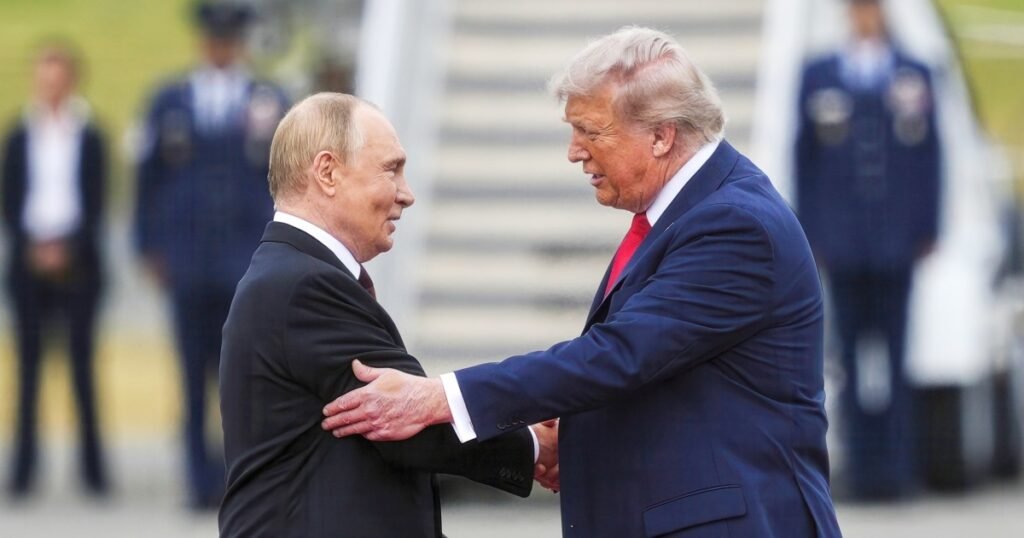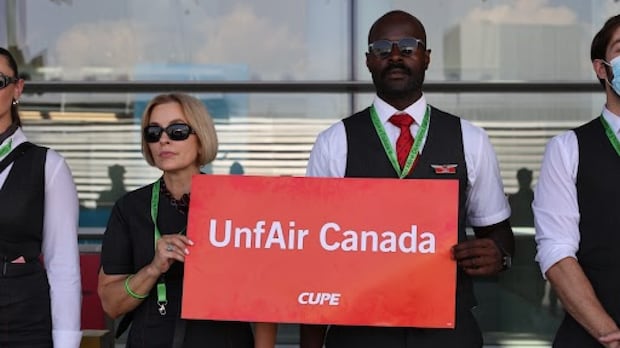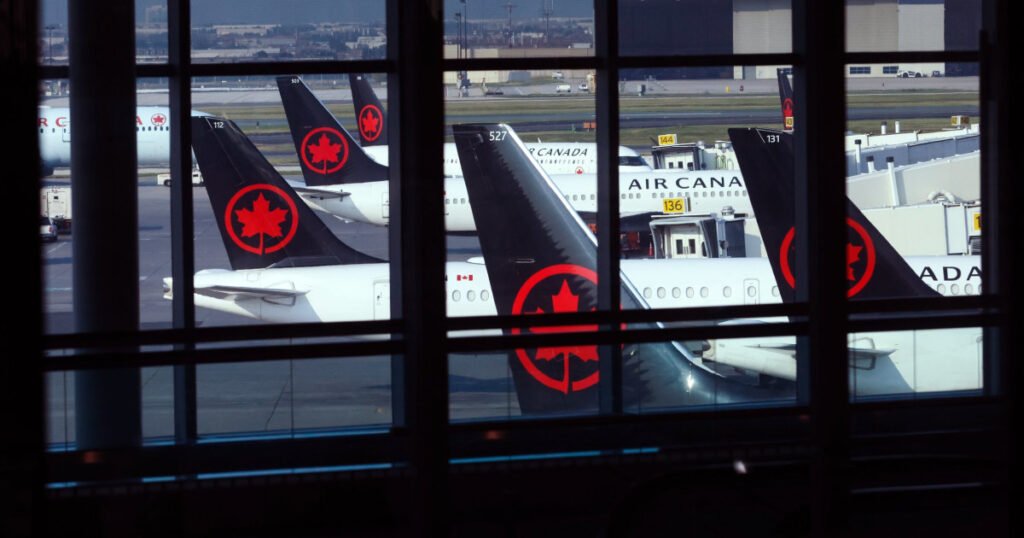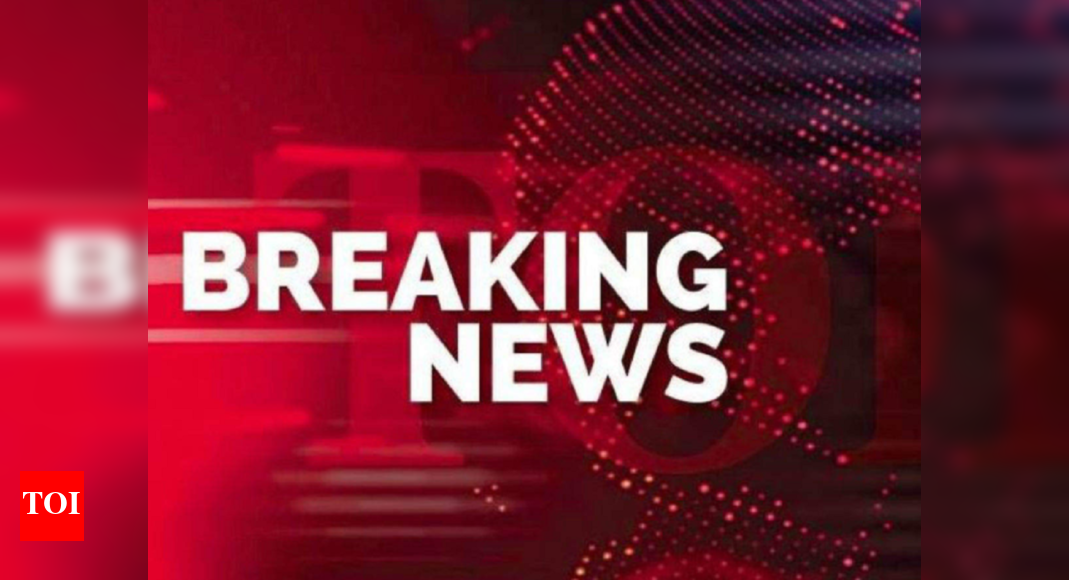Now Reading: Air Canada flight attendants to defy back-to-work order, remain on strike: union
-
01
Air Canada flight attendants to defy back-to-work order, remain on strike: union
Air Canada flight attendants to defy back-to-work order, remain on strike: union
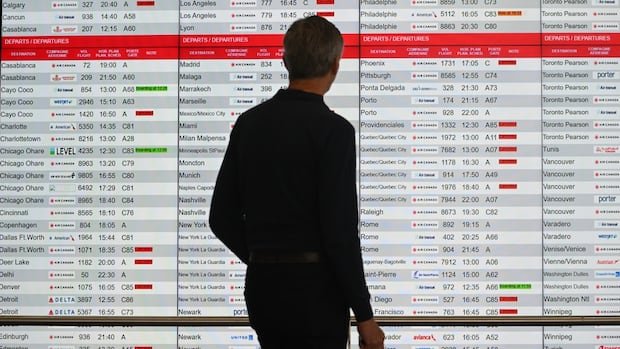
Air Canada flight attendants will defy the back-to-work order and remain on strike after the federal government ordered binding arbitration to end the work stoppage, the Canadian Union of Public Employees told Radio-Canada on Sunday.
The union, which represents the 10,000 flight attendants, has accused federal Jobs Minister Patty Hajdu of caving to Air Canada’s demands.
Earlier this morning, the Montreal-based airline announced it planned to resume flights starting Sunday evening, adding that it expected to take several days before its operations return to normal.
Air Canada said Sunday it had been directed by the Canada Industrial Relations Board (CIRB) to resume operations and have flight attendants return to their duties by 2 p.m. ET.
The federal government moved to order the airline and its flight attendants back to work on Saturday, less than 12 hours after the strike and lockout took effect.
“I don’t think anyone’s in the mood to go back to work,” Lillian Speedie, vice-president of CUPE Local 4092, told CBC’s News Network at a picket line outside Toronto Pearson International Airport in Mississauga on Sunday.
“To legislate us back to work 12 hours after we started? I’m sorry, snowstorms have shut down Air Canada for longer than we were allowed to strike.”
- Today, Cross Country Checkup is asking: Should the government have forced Air Canada flight attendants back to work? How have you been affected by the strike? Leave your comment here and we may read it or call you back for our show later this afternoon!
Air Canada said on Sunday that the CIRB had ordered the terms of the collective agreement between the union and the airline that expired on March 31 be extended until a new agreement is reached.
CUPE announced early Saturday that its members were heading to the picket lines after being unable to reach an 11th-hour deal with the airline, while Air Canada locked out its agents about 30 minutes later due to the strike action.
The federal government is stepping in to resolve a labour dispute between Air Canada and the union representing flight attendants, Jobs Minister Patty Hajdu revealed on Saturday. Hajdu told journalists she is ordering binding arbitration and operations to resume.
Air Canada had previously asked Hajdu to order the parties to enter a binding arbitration process. But intervention was something she resisted until Saturday afternoon, when she said it became clear the two sides were at an impasse.
CUPE maintained it opposed arbitration, instead preferring to solve the impasse through bargaining. It said her decision “sets a terrible precedent.”
“The Liberal government is rewarding Air Canada’s refusal to negotiate fairly by giving them exactly what they wanted,” the union wrote in a statement Saturday afternoon.
The two sides are set to return to the table this week.
The union accused Air Canada of refusing to bargain in good faith due to the likelihood of the government stepping in and imposing arbitration.
It has said its main sticking points revolve around wages that have been outpaced by inflation during its previous 10-year contract, along with unpaid labour when planes aren’t in the air.
CUPE announced it is calling a national day of action and will have demonstrators outside of the Toronto, Montreal, Vancouver and Calgary airports this morning.
More than 700 Air Canada and Air Canada Rouge flights were cancelled amid the work stoppage, the airline said.
Flights by Air Canada Express, operated by third-party airlines Jazz and PAL, were not affected.
The airline says customers whose flights were cancelled and did not travel or accept a refund will be notified and provided with a new itinerary.
